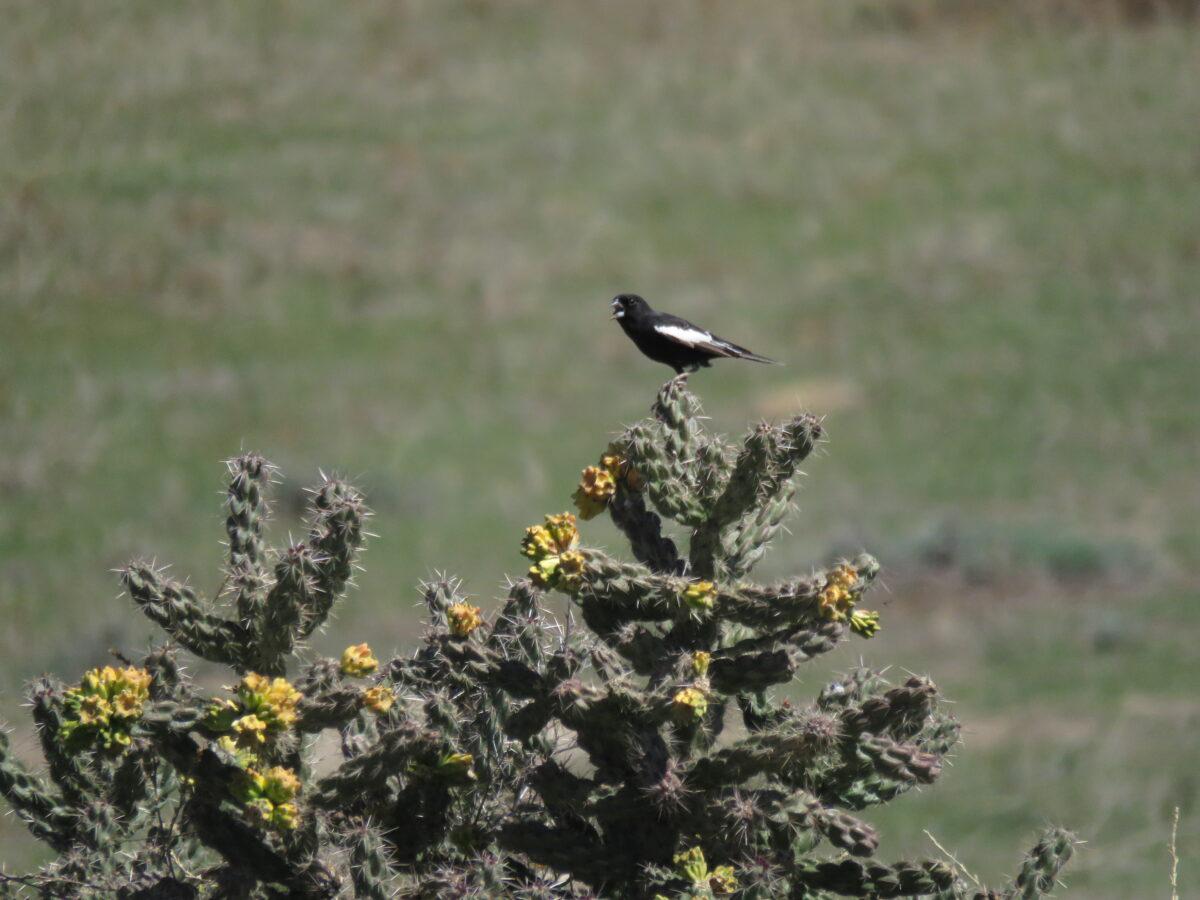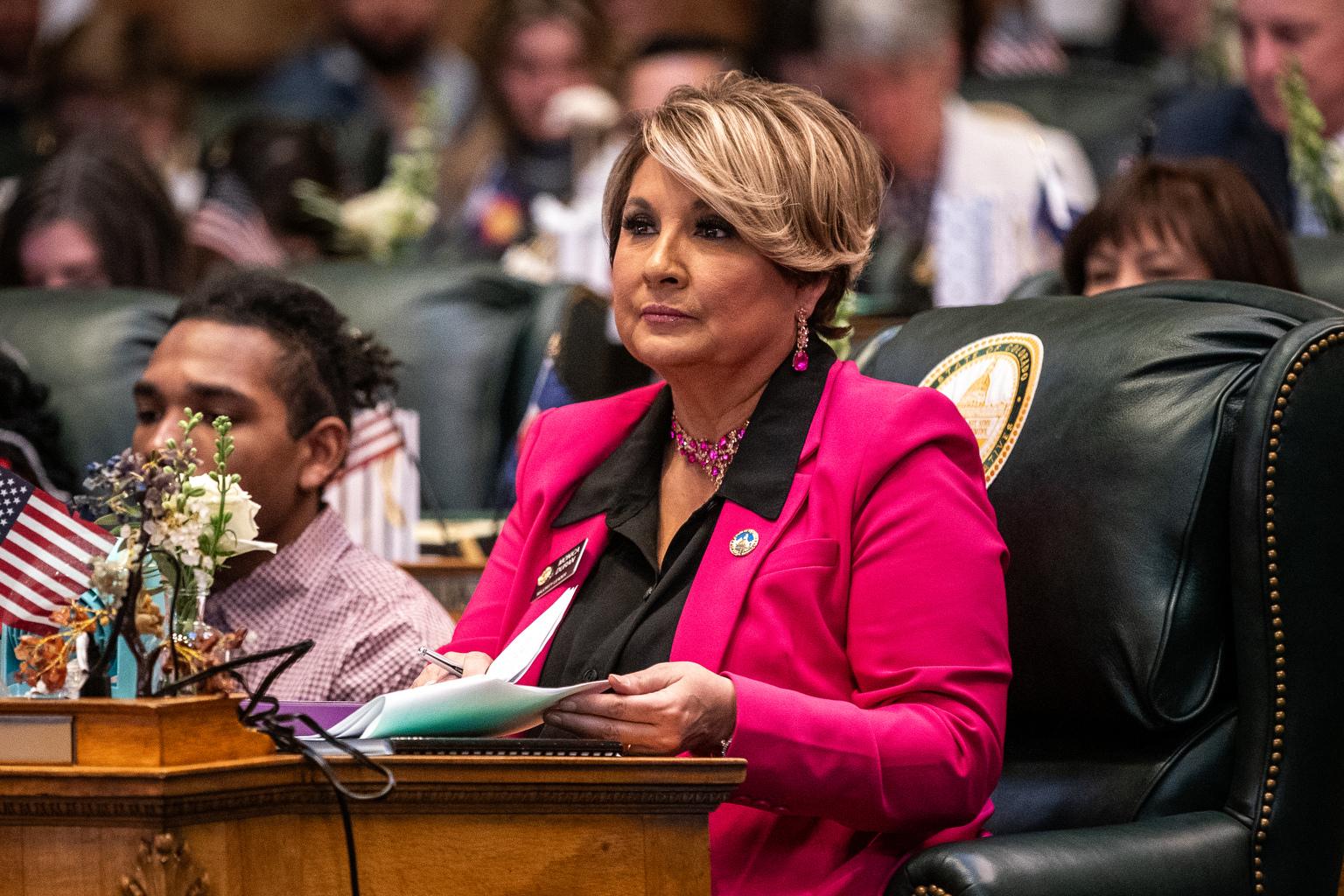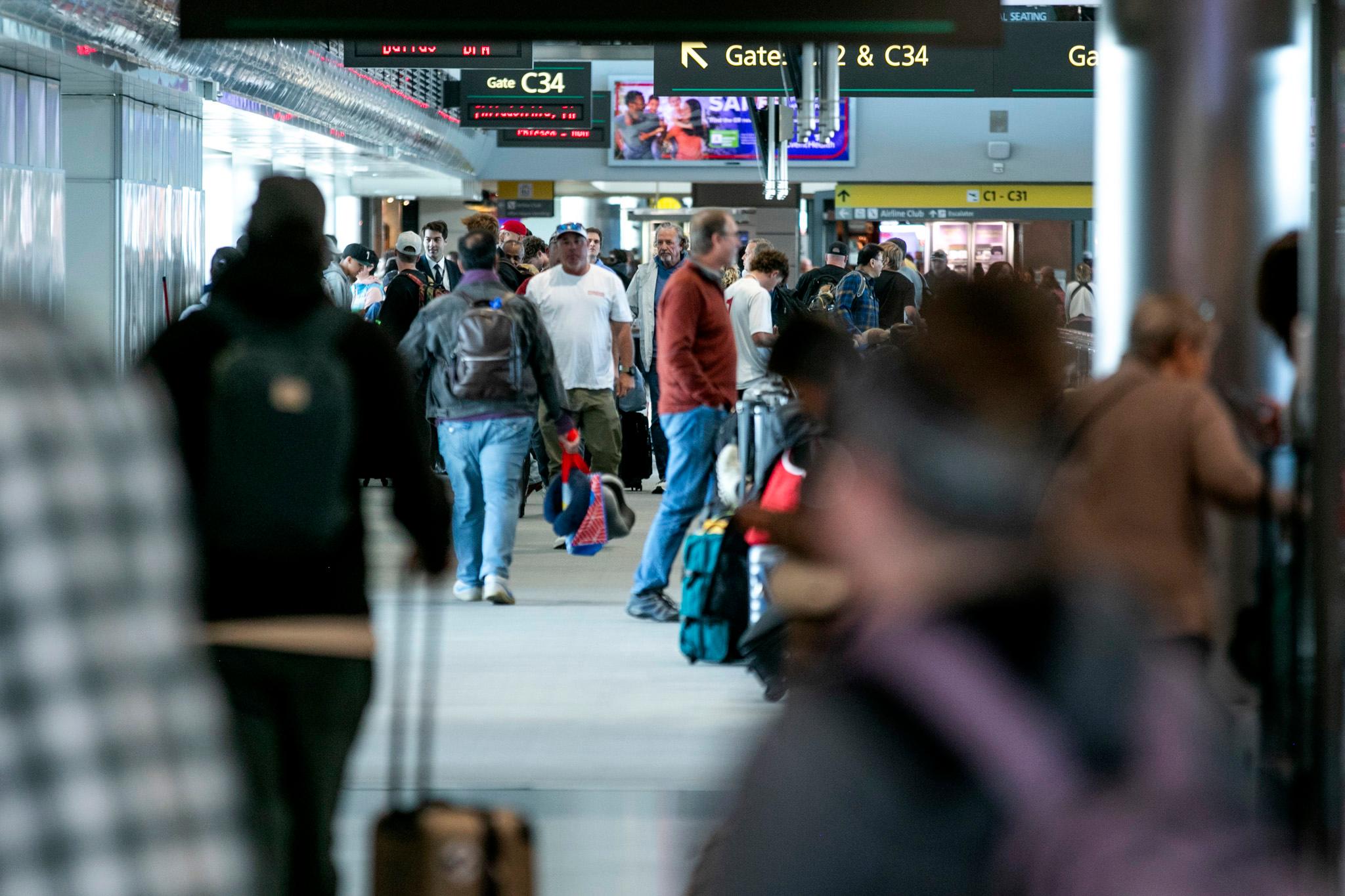Last fall, CPR’s Megan Verlee took part in an international reporting fellowship in Ethiopia. While she was oversees she met a number of people with Colorado connections. Today we’ll hear the story of a young man she first met in Denver, where he was a student at the Colorado Center for the Blind.
REPORTER MEGAN VERLEE: The first time I met Abel Ayelew was in a judo class I was helping teach. Blind people in Ethiopia aren’t encouraged to be independent or do much, so he’d never really exercised before. Which makes it a little amazing that he decided to try a martial art. I’m telling you this because it kind of captures Abel. He’s a guy who life assigned to sit in a corner, and he’s doing everything possible to avoid that fate.
ABEL AYELEW: "My room is the first door over here..."
REPORTER: Abel returned to Ethiopia about a year and a half ago when his student visa expired. These days he rents a tiny room on the outskirts of the capital. His neighbor’s radio comes through the wall loud and clear.
ABEL: "Hold on, I can bring a chair, one second.”
REPORTER: “Ah thank you.”
REPORTER: He has to borrow a chair because his room doesn’t have one. There isn’t really any furniture. His few possessions spill out of a big duffel bag. He sleeps on a thin plastic pallet. Right now, all of his support comes from people he met in the States. I’m one of them. When he first called and asked me for money I felt used and angry, and guilty for those feelings. Now, seeing how he lives, I just feel helpless.
ABEL: "I am from the poorest family, so they need also my support. They don’t want to support me."
REPORTER: Abel’s story sounds a Dickens novel. Born on an isolated farm, he lost his sight when he was three. A man his family knew promised to take him to one of Ethiopia’s few schools for the blind, in the capital city, Addis Ababa.
ABEL: "When I get here to Addis Ababa, everything was different."
REPORTER: Different because instead of school, the man sent Abel out to beg.
ABEL: "The street is, it is not nice. The people they would give me spoiled food or... there is no good part of begging on the street."
REPORTER: But that’s where you find most blind Ethiopians, calling out for pennies on street corners. But Abel got lucky. Again it sounds like Dickens; a kind stranger took him under his wing and made good on the promise to send him to school. Then, as a teenager, fate struck again. Abel met a wealthy American woman who offered to help him get an education in US. That’s how he ended up at the Colorado Center for the Blind.
ABEL: "I called Colorado 'Cold-rado' because it was very cold for me. I called it ‘Cold-rado,’ you know?"
REPORTER: A new climate wasn’t the only thing Abel had to adjust to. At the Center he learned to navigate the Denver area and how to live by himself. But the Abel says practical skills weren’t the most important thing he absorbed at the Center.
ABEL: "I was not confident before I get to the Center for the Blind. Now I feel confidence with myself. I can do what I need. I can be a leader for the community."
REPORTER: And Ethiopia’s blind community could use some leadership. He’s been pushing the Addis bus system to help blind passengers by announcing each stop. He wants to open a computer school for the blind, or put together a braille library.
ABEL: "I would like to work on the disability issue or blindness issue. I can not afford it. I don’t have any source of income."
REPORTER: Because hasn’t been able to find a job since he returned to Ethiopia. That’s not a surprise; a quarter of people his age are looking for work here and there aren’t any programs for the blind. He got a scholarship at the university, but his survival really depends on a handful of Americans continuing to support a kid they knew briefly a few years ago.
REPORTER: "Do you worry about your future?"
ABEL:“No. I have a lot of plan and my plan will make it a success with the help of god. So I am not worried, I am not worried about my future. No."
REPORTER: Fate and hard work have turned Abel’s life around before. Those of us who met him in Colorado can only hope it happens again, a painful wish in a country where all the odds seem stacked against a blind man trying to make it on his own.
Megan Verlee's reporting in Ethiopia was supported by the International Reporting Project









